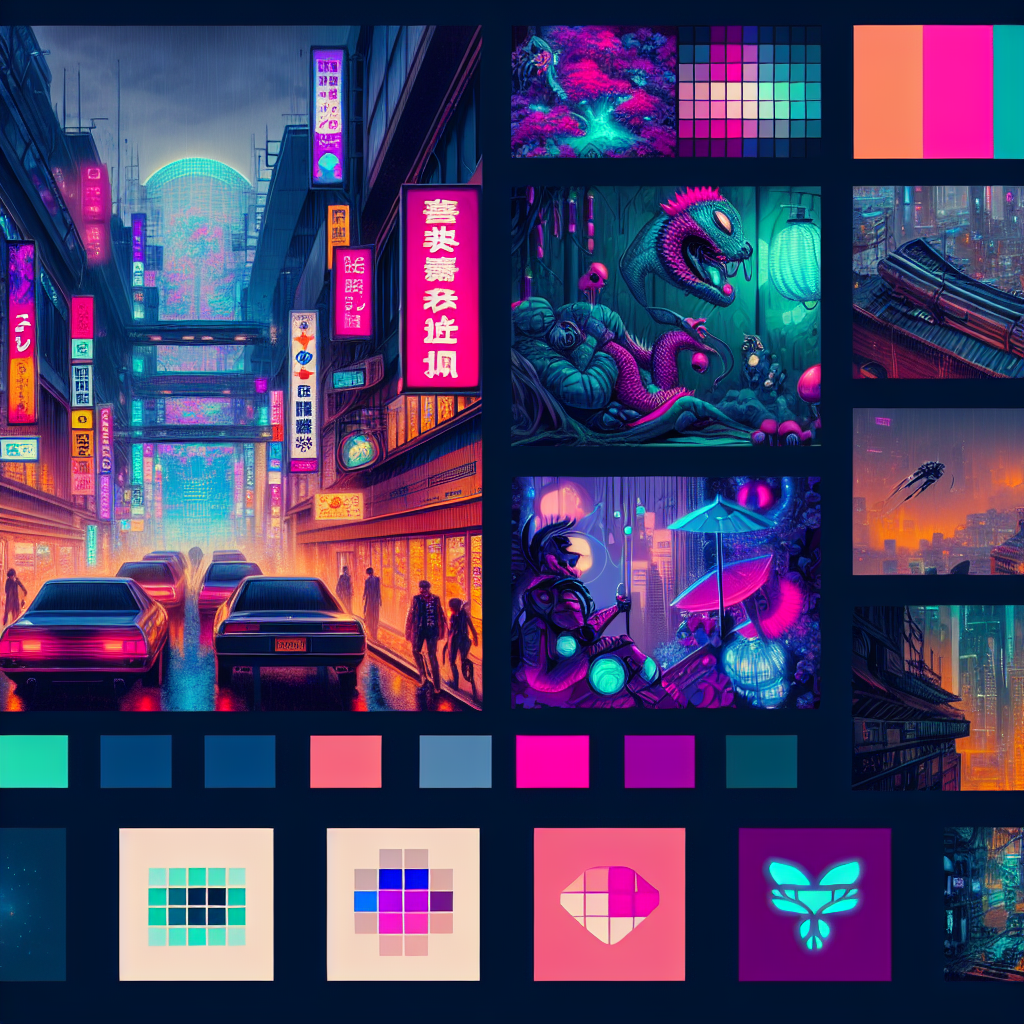Technology commentator Edward Zitron has raised concerns about OpenAI’s current business model, arguing that it is unsustainable due to its lack of a clear path to profitability and high expenditure rates. Zitron’s assertions have sparked debate among industry experts, with some agreeing and others vehemently opposing his viewpoint. Zitron’s recent newsletter, titled “Where’s Your Ed At?”, claims, “I ultimately believe that OpenAI in its current form is untenable.” He emphasizes that OpenAI, the creator of ChatGPT, could lose as much as $5 billion in 2024, potentially exhausting its cash reserves within a year. He further argues that for OpenAI to survive beyond 2026, it will need to secure unprecedented levels of funding continuously. Additionally, Zitron states that a significant technological breakthrough is essential to drastically reduce the costs associated with developing GPT models. “Have a significant technological breakthrough such that it reduces the costs of building and operating GPT — or whatever model that succeeds it — by a factor of thousands of percent,” Zitron explains. He also believes that OpenAI’s use cases must both create new jobs and automate existing ones to justify the substantial capital and infrastructure investments required. This sentiment was echoed by LA Times columnist Brian Merchant, who, in a July 25 post, claimed that “generative AI is intensely expensive to train and run, and OpenAI is probably gonna have to raise more money this year to stay afloat.” However, not everyone in the industry shares this pessimistic outlook. Bindu Reddy, CEO of Abacus.AI, dismissed the notion that OpenAI is on the brink of bankruptcy, asserting in a July 29 post that “OpenAI has changed the world forever and will NEVER go bankrupt.” Similarly, Tarun Mehta, CEO of Ather Energy, refuted the bankruptcy rumors in August 2023, pointing out that “Uber at its peak was burning 10X more capital for YEARS.” Mehta contends that OpenAI is “perhaps” one of the most important startups in recent times and assures that “they will be fine folks.” In a positive turn of events for OpenAI, Elon Musk withdrew his lawsuit against the company and its CEO, Sam Altman, on June 12. The lawsuit had accused OpenAI of deviating from its original mission to develop AI for the benefit of humanity. Musk initially sued OpenAI and Altman on February 29, alleging a breach of contract, but has since retracted his legal actions. Despite Zitron’s dire predictions, OpenAI continues to forge ahead. The debate surrounding its business model serves as a microcosm of the broader discussions about the sustainability and future of AI companies. The divide between skeptics and optimists highlights the uncertainty that often accompanies groundbreaking technological advancements. The future of OpenAI remains a hotly debated topic, with its trajectory likely to be influenced by technological breakthroughs, strategic funding, and market dynamics. As the company navigates these challenges, the industry will be watching closely, eager to see whether OpenAI can defy the odds and continue to lead in the AI space.


